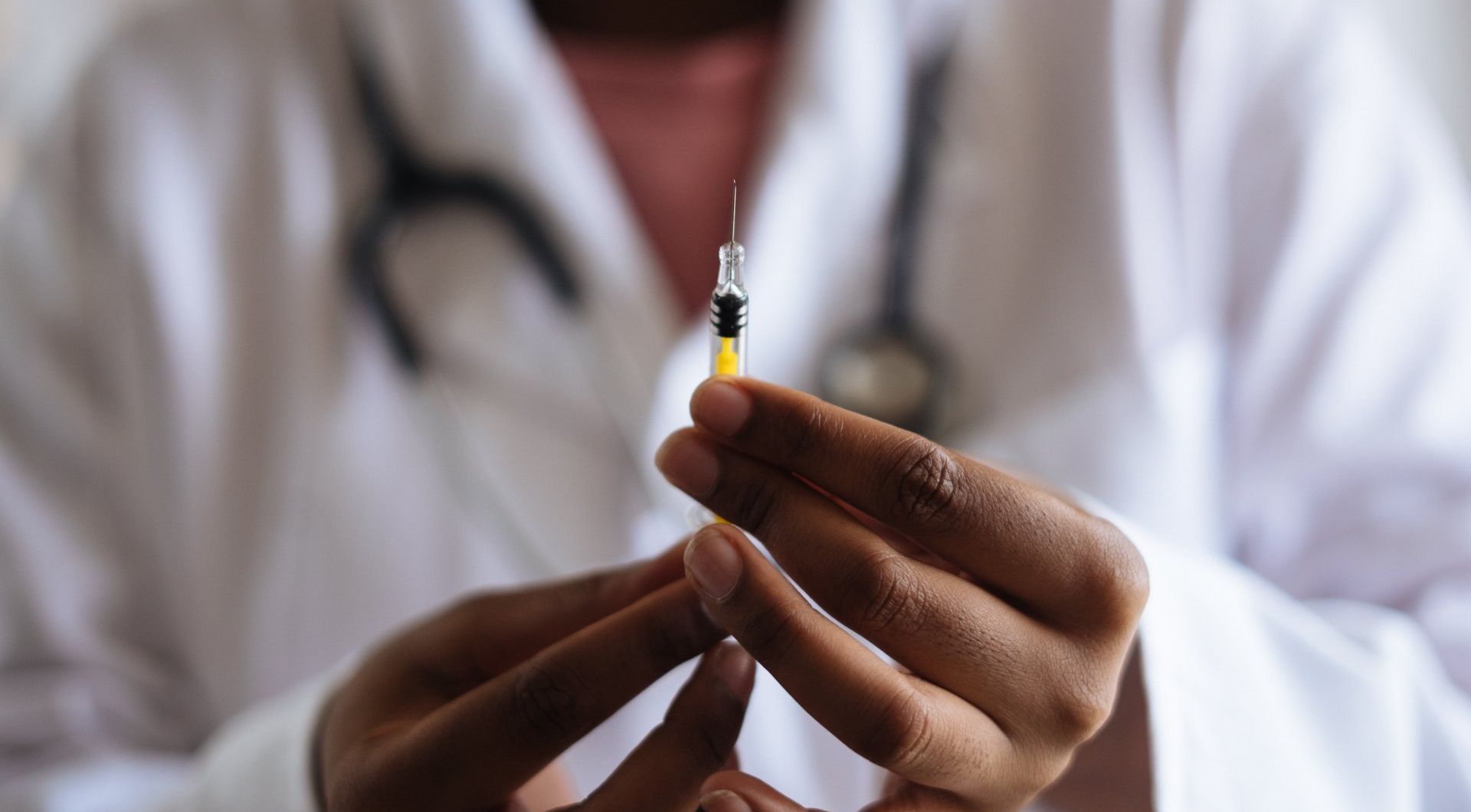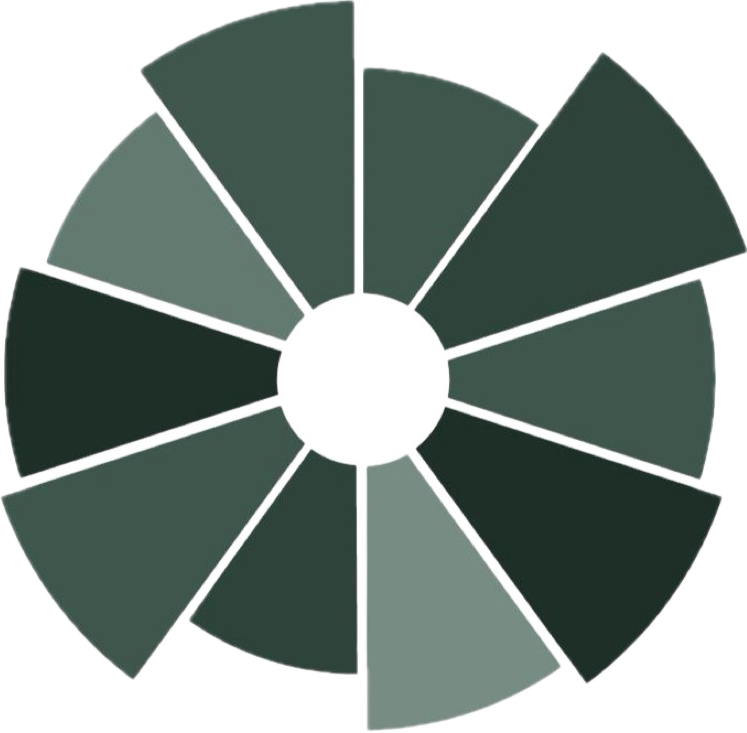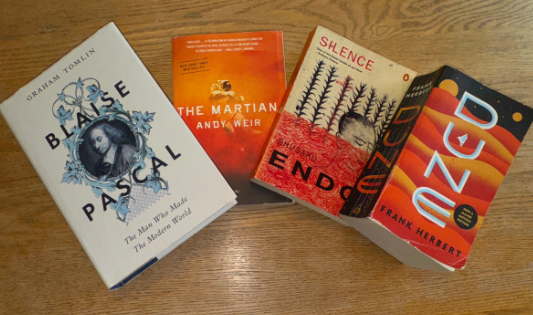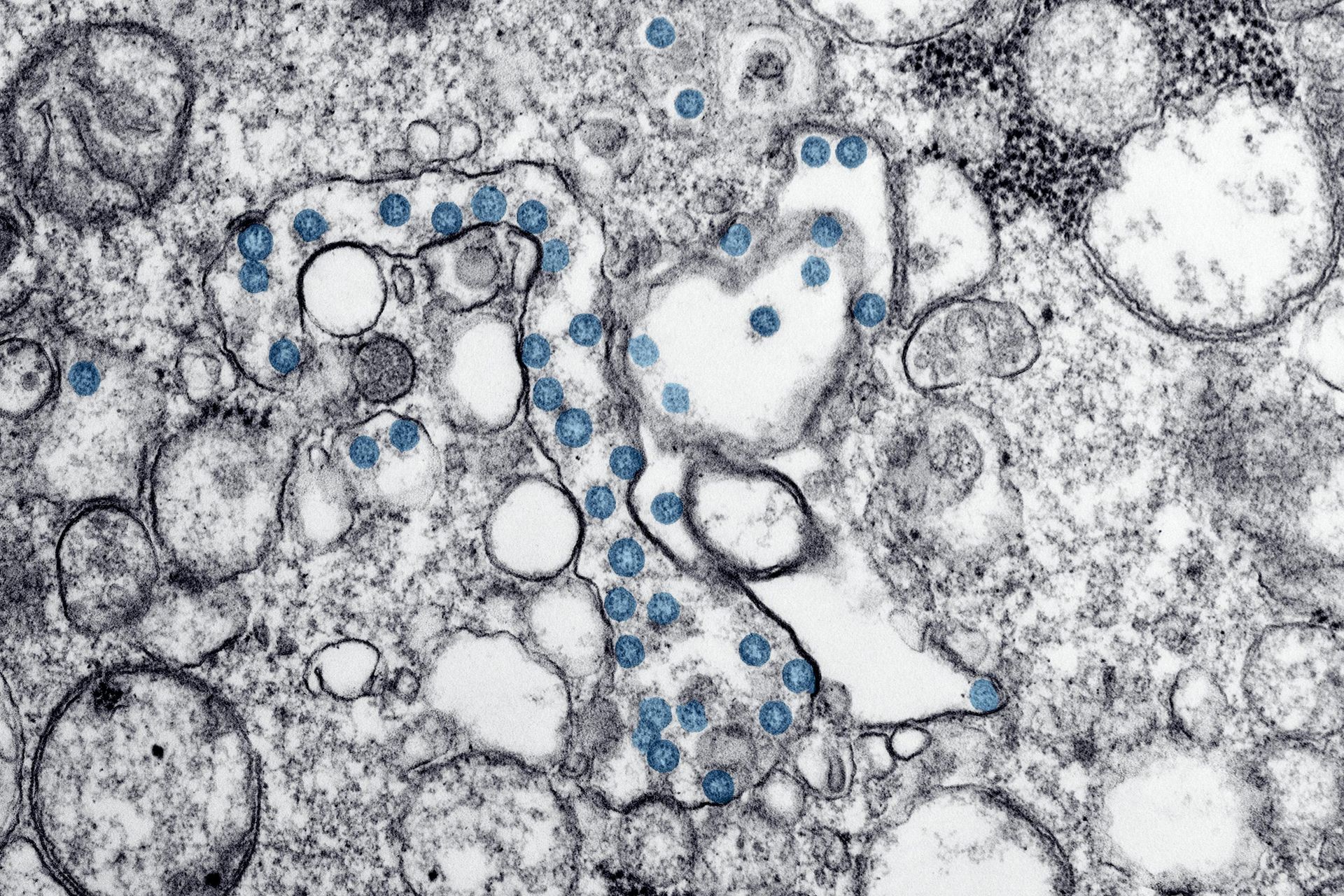New drug approved in U.S. for treatment of macular degeneration

Blog vol 4.19. New drug approved in U.S. for treatment of macular degeneration.
One of my patients has been arranging to get a new treatment, an FDA-approved drug which will hopefully slow down his worrisome macular degeneration. Macular degeneration is a disease of the central retina that affects the most crucial part of vision. It can be devastating, with large central vision losses and consequently, life restrictions, the most disturbing being in driving and reading.
There have been many advances in treatments in the last few decades, the most notable being AntiVgef injections for wet macular degeneration. So far there has been very little help for the dry type of the disease, until now. (Simply, there are two types of macular degeneration: “wet” and “dry”.)
We routinely recommend that patients take daily doses of lutein, zeaxanthin, and other carotenoids to slow both types of macular degeneration down. Frustratingly, some patients progress to full-blown macular atrophy in spite of our best efforts. These unfortunate few have “geographic” atrophy: a lot of retinal cells and underlying blood vessels in and around the macula are damaged.
There are approximately 1 to 1.5 million people in the USA who have this condition and as many as 5 million worldwide. In the past year, two new drugs have been approved by the FDA. They are Syfovre and Izervay. These drugs work on the complement system that breaks the retina down.
Syfovre’s drug name is pegcetacoplan and it binds to C3 and slows down compliment activation to C3b. Izervay, or avacincaptad pegol, binds to C5 and blocks the activation to C5a and C5b. Both these drugs must be injected in the eye monthly, nobody’s idea of a good time, but clinical trials for these drugs show a slowing of atrophy progression by as much as 35% in the first year. Very significant.
Patients eligible for the drug must have geographic atrophy and cannot have any subfoveal (an area under the macula) involvement. Do note that these new drugs do NOT reverse existing atrophy, they only slow it down. Health Canada will hopefully approve these new drugs soon.
My patient is very proactive and seeking treatment at an American Retinal clinic as we speak. Cannot blame him. Wonderful news for a nasty condition.
Til next week,
the good doctor






